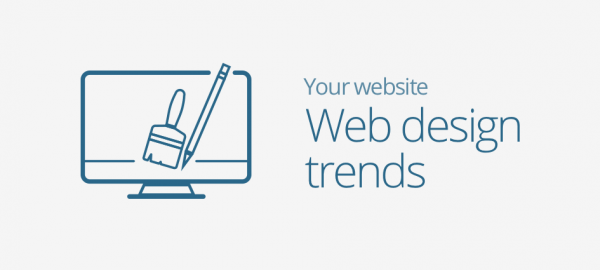Your website is your own little piece of ‘real estate’ on the World Wide Web, working to promote your brand, products and services to potential customers. But with so many websites to choose from, how can you persuade visitors to choose your company, rather than someone else’s? You need to know about the F pattern web design…
You already know that your images have to be engaging and relevant to your business. Your content has to be fine-tuned, informative and of the highest quality. And you need to use appropriate colours to promote feelings of trust in your brand.
But did you know that the way you present all of these elements has an effect on visitor behaviour?
What is F pattern web design?
Thanks to the help of sophisticated glasses equipped with cameras capable of recording eye movements, it’s possible to track the way we view web pages. This has led to the discovery of the F pattern web design principle.
It sounds as though it could be short for something rather inappropriate, but fear not! The F pattern simply refers to the viewer’s eye movement across the screen, whether on mobiles or on larger monitors. And it’s pretty standardised behaviour across all cultures that read text from left to right across a page. In fact, this same eye pattern is seen to a certain extent in printed hard copy too, although not in such a clear fashion.
When presented with a web page, our natural instinct is to look at the top left-hand corner first, before quickly scanning along the top horizontal line of text or along an image if there is no text. This is the top section of the F. Next, we scan down vertically before visually engaging with the start of another paragraph, or bullet point, or image. This represents the second horizontal line of the F.
Depending on the content, the eye movements could lead to the letter E, or move into surreal territory with even more horizontal lines but the overall effect is still the same. And it should be borne in mind from the moment you embark on your web design project.
Why is the F pattern important in web design?
Once you understand the way in which your web visitors view your information, you can use that knowledge to your advantage. It really is a proven advantage, so it’s well worth incorporating into your website.
Make sure that you include key information at the top left-hand corner of your website. This is an ideal place for your company logo, for example, together with any company tagline or value statement. Or it could be a headline announcement about your discounted prices. Whatever your message to potential customers, this is where it needs to be.
Another valuable insight is the fact that you should never put important information down the right-hand side of the screen or towards the bottom right-hand corner. Put all your main information right where people are going to look and see for yourself how effective this simple little trick is.
You don’t need to have a ton of expert knowledge to put an effective website together. Just a few little tips and tricks will soon give you an advantage over your competitors, and all at minimum cost!
